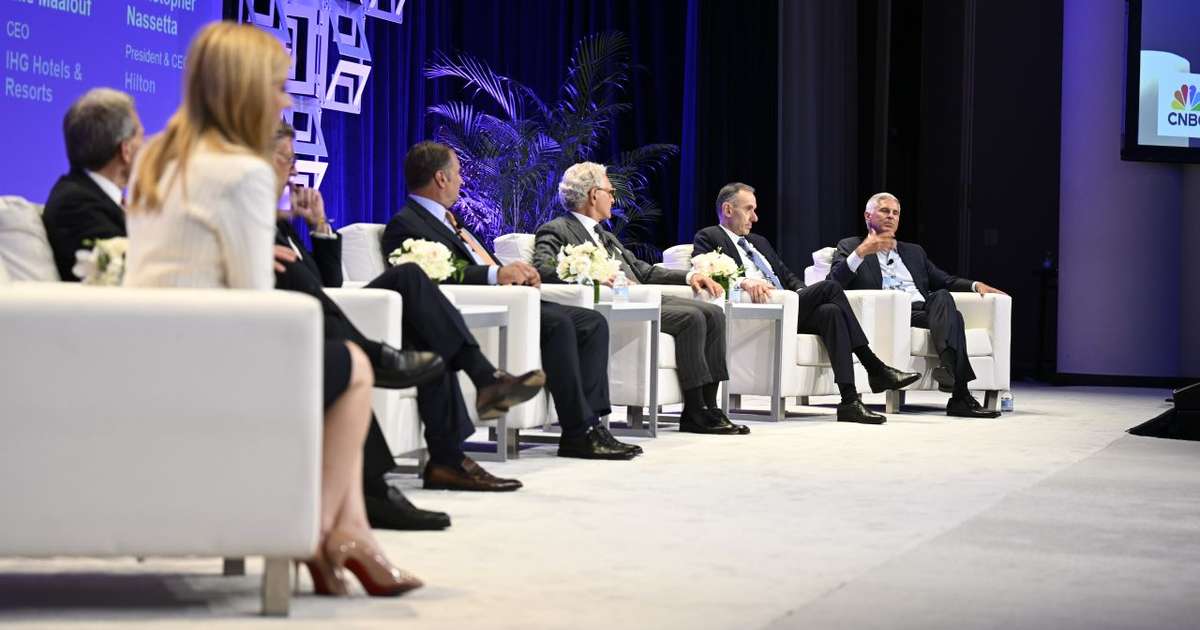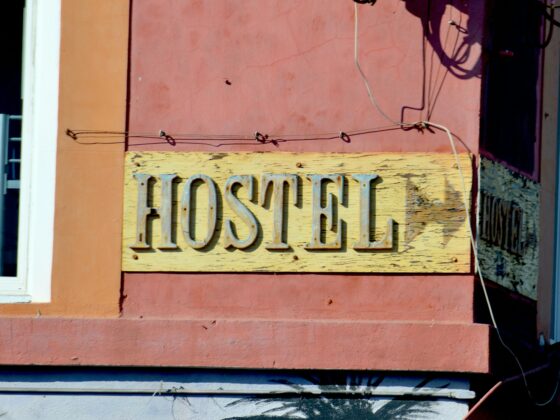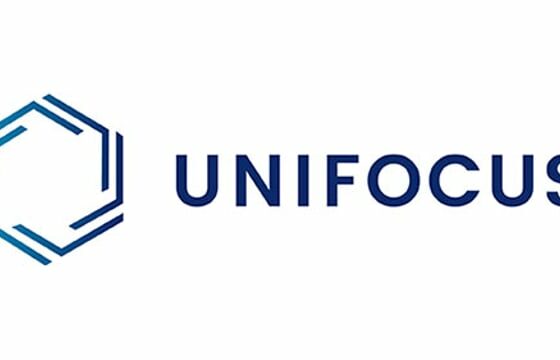
Despite some strong headwinds in the hotel industry, speakers at the NYU International Hospitality Investment Forum painted a cautiously optimistic picture. While average daily rate (ADR) growth is trailing inflation in 2025, occupancy remains relatively steady, which signals underlying resilience in the sector. The following are some key takeaways from the conference that stood out as opportunities or concerns for the hospitality industry:
Brand Proliferation and Brand Value
The proliferation of hotel brands was a major topic of discussion, with several panels addressing the saturation in the marketplace. However, major brand representatives defended their value propositions, citing benefits such as:
- Reduced OTA commissions
- Advanced technology platforms
- Enhanced guest loyalty programs
Notably, Best Western announced the launch of a new property insurance initiative in 2025. The company will begin self-insuring its hotels, offering coverage at a cost below traditional private insurance rates.
Hotel Performance Outlook
STR shared key performance forecasts for the U.S. hotel industry for 2025:
- Occupancy is projected at 62.8% in 2025, down slightly from 63% in 2024
- ADR is expected to grow by just 1.3%, lagging behind inflation
- Group demand continues to show strength in 2025 and beyond
A separate seminar warned of rising operating expenses, forecasted to increase by 4%, outpacing revenue growth and putting pressure on net operating income.
Highlighted Case Studies
Presenters highlighted several hotel case studies that showcased exciting new offerings and industry recognitions for hotels:
- Hotel Equinox, part of Manhattan’s Hudson Yards development, integrates a luxury 200-room hotel with an expansive fitness club, creating a wellness-focused hospitality model. Guests enjoy exclusive access to a 60,000-square-foot Equinox Fitness Club, complete with indoor and outdoor pools, a state-of-the-art gym, and a spa offering treatments like cryotherapy and infrared saunas. Dining at the hotel is highlighted by Electric Lemon, a rooftop restaurant by Stephen Starr that offers seasonal American cuisine alongside views of the Hudson River.
- Hotel Marcel, a Tapestry Collection by Hilton hotel, in New Haven, Connecticut, was recognized as a sustainability leader. Fully electric and powered largely by rooftop solar panels, it boasts LEED Platinum and Passive House certifications. It operates with significantly lower utility costs than its competitors. The hotel features 165 minimalist rooms with modernist art, triple-glazed windows, and custom furnishings. Amenities include the BLDG Restaurant, serving locally sourced fare, a 24/7 fitness center, and ample EV charging stations. Located in the Long Wharf district, it’s just minutes from Yale University and downtown New Haven.
- JW Marriott Desert Ridge Resort & Spa, owned by Trinity Investments, received an award from HAMA for outstanding asset management. Trinity purchased the 950-room property in 2019 for $602 million and invested $100 million in renovations, including room upgrades, a new outdoor waterpark, 17 pickleball courts, and public areas. The resort went under contract in May 2025 for $865 million to Ryman Hospitality Properties. The property sits on 316 acres in North Phoenix, Arizona. The resort boasts 950 redesigned rooms and suites, many with private balconies, two golf courses, and extensive meeting space.
AI in Travel Planning
Artificial intelligence is gaining traction, especially among younger travelers. Several panels highlighted how AI tools are being used to customize and streamline vacation planning, from itinerary generation to destination research.
Blending Hospitality with Entertainment
Carnival Cruise Line’s CEO suggested that hotels should borrow more from the cruise playbook by enhancing in-house entertainment and guest engagement. She encouraged hoteliers to create more interactive experiences and foster deeper connections between staff and guests, thereby boosting satisfaction and brand loyalty. This suggestion aligns with the direction many resort properties are heading as the experiential economy continues to grow.
Industry Fundamentals Remain Strong
Despite uncertainty surrounding the economy and public policy, travel demand remains high. U.S. consumers continue to prioritize travel, and household net worth-to-income ratios remain
near record highs, fueling spending, especially among affluent travelers. Inbound international travel was down -2% during the combined March and April 2025, which is less of a decrease than what many news reports have been implying. However, forecasts by Tourism Economics are for inbound international travel to decrease between 10% and 13% during May through July 2025 while more Americans will stay in the United States versus traveling overseas.
Conclusion
The 2025 NYU Hospitality Investment Forum underscored both the challenges and opportunities facing the hotel industry. While rising costs and modest rate growth pose concerns, strong travel demand, brand innovation, and new technologies offer paths for continued success.







